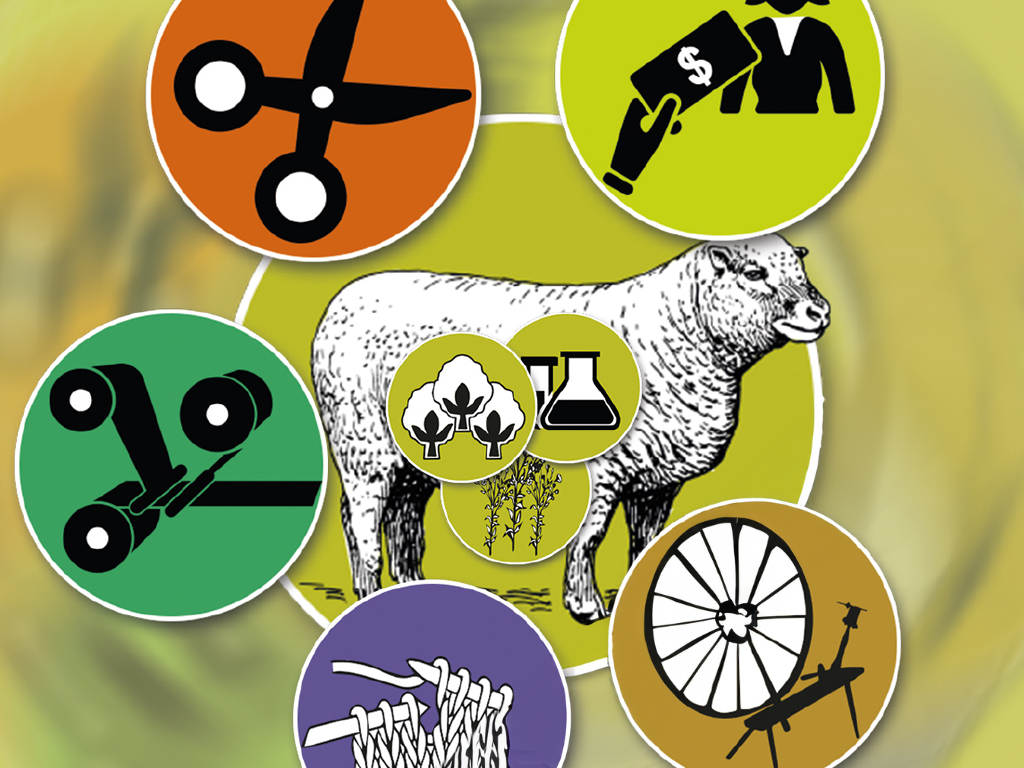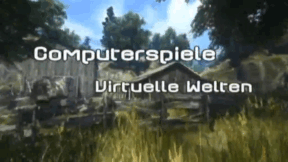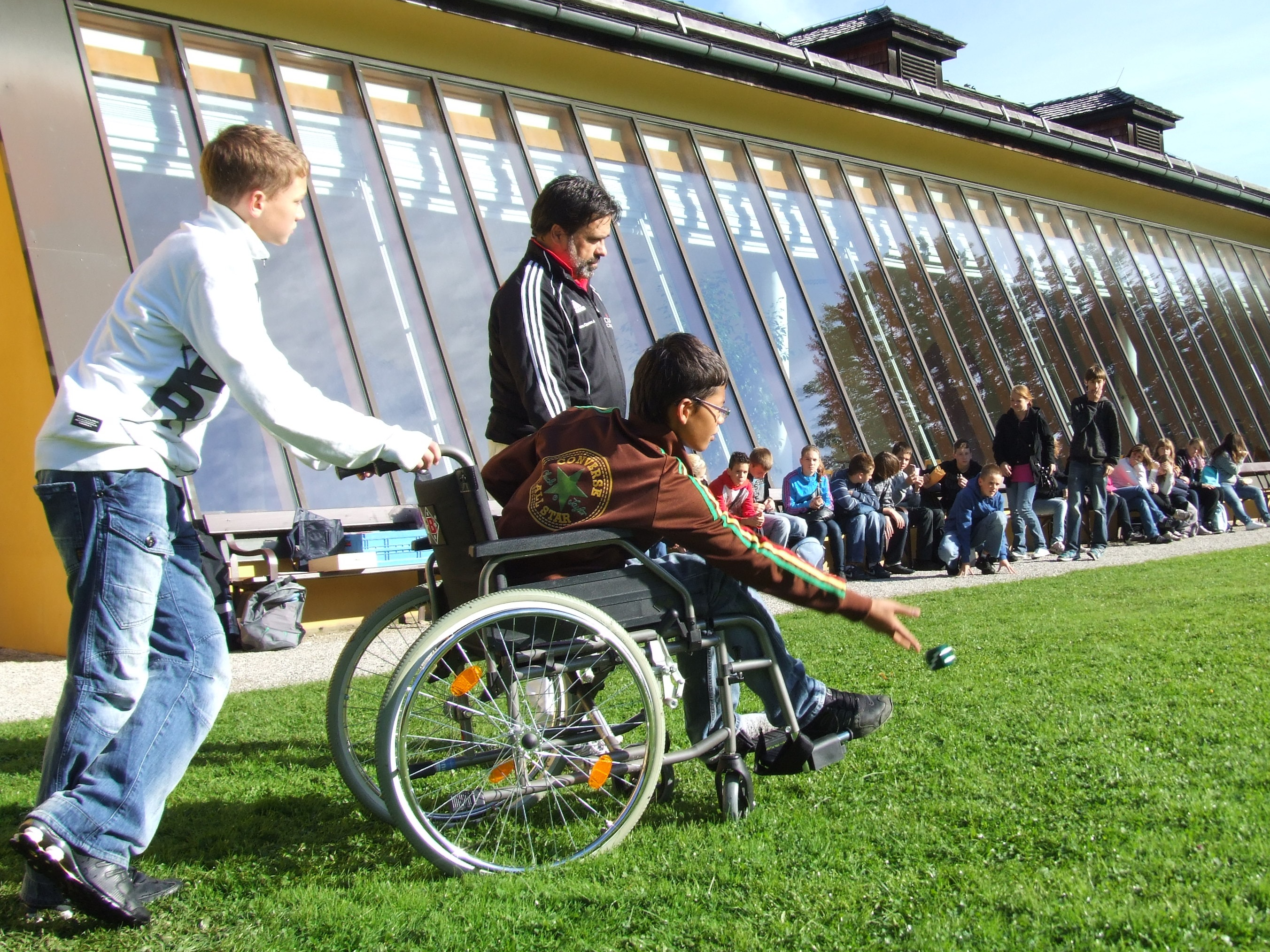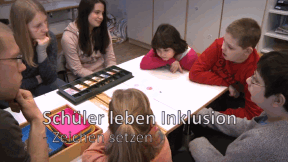 Primary School
Primary School


4671652 / 5561476
Textiles
More than Shirt and Trousers
When we hear the word “textiles“, we automatically think of things we put on – such as shirts, trousers, pullovers, caps or other things to wear. But there are far more textiles in our everyday lives. Actually, the word textiles means that these are generally things or goods made of single fibres or threads or yarns. For a long time now, we have not been using textiles for clothing only, but also in many other different domains of our lives. Every day, we use various household textiles at home – they range from the fabric sofa to the towel we dry ourselves with after washing or bathing. But today, modern textiles are also used as construction material – for example to make cars or bikes. These vehicles are particularly energy efficient because textiles are significantly lighter than metal.
Play trailer

Curriculum-centred and oriented towards educational standards
Matching
Computer Games
This film covers the topic of computer games in a variety of ways and from many different angles. Apart from the fascina- tion of computer games for users, the historical development as well as the production of computer games are described. The established genres are introduced, the guidelines of the German BPjM are explained. In light of recent public discussions, a neutral overview of the pros and cons of playing computer games is given, and different kinds of player behaviour are outlined. In this film, the pupils will recognise many aspects of their favourite pastime that encourage an independent, constructive use of this medium and reinforce their media competency. The film and teaching material are very closely related to the real-life situation.









